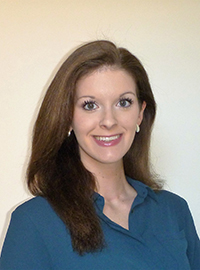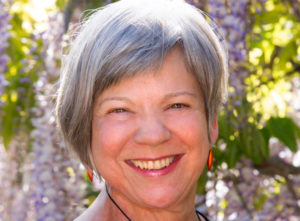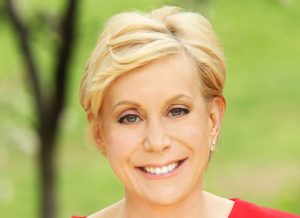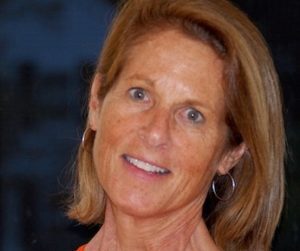[NCSD guest blog post by Brittany Anne Avin]

We usually don’t realize how much we take for granted having a voice until we get sick with a cold. We lose our voice for a few days and grasp how frustrating it is to be unable to connect and communicate with others.
I had this realization at age 13 when I lost my voice. I thought it was because I was screaming too much while playing middle school basketball. However, after further examination, it turned out my vocal cord was paralyzed due to a tumor that had spread to the nerve feeding it.
Being diagnosed with thyroid cancer was a shock for me and my family, trying to understand how a healthy teenager could be diagnosed with cancer. Treatment for my cancer was not easy, but I completed surgery to remove my thyroid and surrounding cancerous lymph nodes, and then completed radioactive iodine therapy to ablate any further disease. I struggled in those first few months with having to be in isolation for the radioactive iodine treatment, in addition to experiencing extreme fatigue before getting on thyroid hormone replacement.
I was ecstatic to be declared cancer-free; however, while the cancer was gone, so was my voice. I was told I had permanent vocal cord paralysis. Being unable to be a chatty teenager, to struggle to give presentations in class, and to not be able to sing in my school chorus anymore was difficult. The lack of vocal cord closure also meant I choked on liquids and food often, feeling like everything was “going down the wrong pipe.” During this frustrating time, my parents and friends were lifesavers, acting as makeshift translators when people couldn’t hear or understand me.
I later underwent another surgery to insert an implant into my neck that allows my vocal cords to come together so I can speak normally and not choke. Having my voice back made me feel complete again. My fight for a voice has been a continuing battle, as almost 10 years after my first thyroplasty, in January of last year, I had to undergo another surgery to remove the old malfunctioning implant and put in a new one.
Losing my voice to gain it back again has shown me how powerful and important each of our voices are – as humans, and especially as cancer survivors. It is a woeful thing when we speak of cancer only in numbers and statistics. For, as survivors, we are so much more than statistics. We are unique individuals who have a story to tell.
While I am not defined by having cancer, being a survivor is important to my identity. And with that comes a responsibility to inform and educate others about what this identity means. I now use my voice to share my experience so that others may learn.
I use my voice to help others who have also been diagnosed, so they feel they are not alone. We all need a guiding hand that speaks from experience.
I also use my voice to tell Congress and our Representatives that we need increased funding for cancer research and prevention programs so that fewer people have to suffer from cancer. Our stories put a name and a face to a disease that affects so many.
I use my voice to show an example of what a cancer survivor REALLY looks like – not some stereotype of what an individual with cancer should look like, feel like, or sound like.
As cancer survivors, we are all unique. Let’s not take for granted our voices – and the power those voices hold. The world is waiting and listening. And I know we all have something influential to say.
Brittany Anne Avin is a current PhD Candidate at Johns Hopkins University School of Medicine, studying the cancer she beat 10 years ago – thyroid cancer. She is also an active volunteer with the American Cancer Society, speaking locally and nationally on her cancer survivorship, as well as advocating for increased funding for cancer prevention programs and cancer research.




